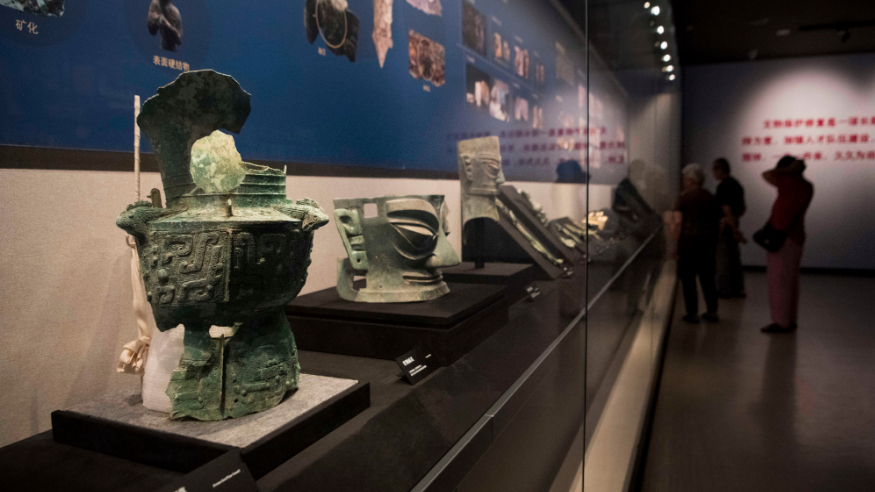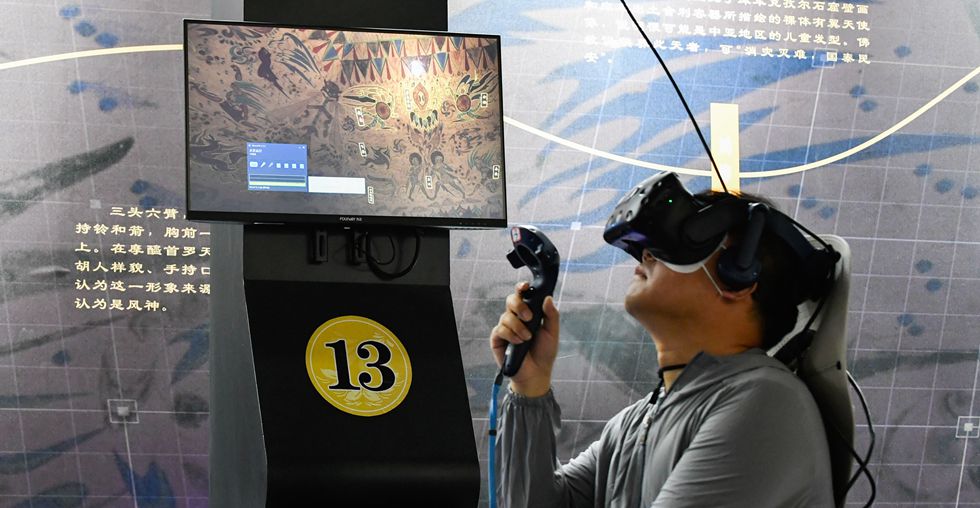The deepening of reforms proposed by the plenum, particularly the emphasis on scientific and technological innovation, will promote the innovation of China's pharmaceutical industry.
NEW YORK, July 24 (Xinhua) -- China's reforms will further unleash market vitality, better allocate resources and boost the innovation and competitiveness of the Chinese economy, President of Pfizer China Jean-Christophe Pointeau has said.
Speaking of the recently-concluded third plenary session of the 20th Communist Party of China (CPC) Central Committee, Pointeau told Xinhua that it took place as China entered a new stage of in-depth reform in all respects, marking a new chapter in China's reform and opening-up endeavors.
The session emphasized building a modern economic system and made it clear that high-quality development is key to achieving Chinese modernization, he noted.
"It is a milestone not only for summarizing and deepening the achievements of the past decade's reform, but also for drawing a blueprint for future development," said Pointeau, also chairman of the R&D-Based Pharmaceutical Association Committee under the China Association of Enterprises with Foreign Investment.
As the China president of the global biopharmaceutical giant, Pointeau has been working in China for more than 10 years and witnessed how China's economy has shifted from rapid growth to high-quality development.
"I've also seen how China's opening-up has expanded, with the pharmaceutical market thriving day by day and Chinese innovative pharmaceutical companies gradually stepping into the international market," he said.
The plenum focused on high-quality development, with a strong emphasis on technological innovation and industrial upgrading, which are closely related to the pharmaceutical industry, he said.
"This will provide a favorable environment for pharmaceutical companies and drive the industry towards higher quality and more sustainable growth," he said.
Pointeau said that China's commitment to high-level openness and expanded market access provides international pharmaceutical companies with more opportunities to enter the Chinese market and promote the optimal allocation of global pharmaceutical resources.
He noted that the updates to China's national reimbursement drug list and the national medical insurance negotiations have allowed many innovative drugs from multinational pharmaceutical companies to be included in the list the same year they receive market approval, significantly improving people's access to new drugs.
"Pfizer's introduction of certain innovative drugs in China is even faster than in the EU and Japan," he told Xinhua.
China's world-class business environment that is market-oriented, law-based, and internationalized will further enhance foreign investors' confidence, he said, adding that multinational companies including Pfizer will be more willing to invest and expand their business in China.
The deepening of reforms proposed by the plenum, particularly the emphasis on scientific and technological innovation, will promote the innovation of China's pharmaceutical industry, he said. "This provides international pharmaceutical companies with opportunities to cooperate and jointly develop new drugs."
He added that Pfizer will strive to strengthen partnerships with local enterprises and research institutions in China, promote the integration of the global pharmaceutical industry chain, reduce costs, and accelerate the research and development as well as market launch of new drugs.■












